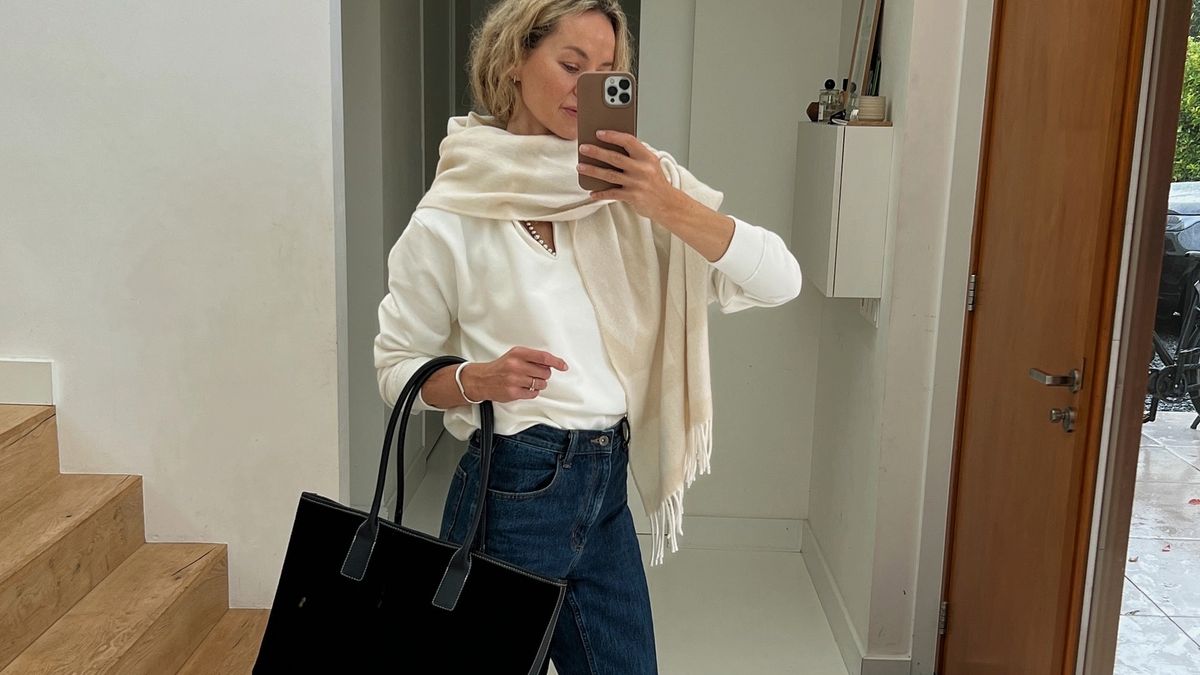From the current economic climate to the recent election results, consumers have a lot to be stressed about, and according to Rakuten, those feelings are showing up in shopping carts.
Rakuten’s latest consumer survey, which aimed to identify key trends in consumer behavior as they continue to develop, found stress to be a key theme across habits with staying power, predicted to be prominent in 2025. The company’s survey, conducted in partnership with The Harris Poll, surveyed more than 2,000 U.S. adults this fall.
While “retail therapy” is a tried-and-true behavior for many, over the years stress-induced shopping has been given names that reflect the nuances of the climate such as revenge shopping or doom spending. Perhaps taking the place of these trends today is “sleepless spending,” a behavior that Rakuten’s experts said is similar to doomscrolling, but more productive. As its name suggests, the trend refers to consumers who spend their time shopping online when they cannot sleep — a behavior that has caught on with the company’s 73 percent of Gen Z survey respondents, followed by Millennials.
“Lots of people are shopping online when they’re having trouble falling asleep and we see this predominantly in younger consumers,” said Bella Gerard, shopping and trend adviser at Rakuten. “It’s somewhat of an evolution of doom-scrolling; so many of us are on our phones at night already, and a lot of the content we come across on social media influences the things we buy.”
Based on Rakuten’s platform data, Gerard said the company found most of the shopping occurring at night happens in a few key categories. Categories that have higher night shopping as a share of total shopping ordered by top categories by number of trips are shoes, appliances/hardware, jewelry and accessories, pets and food/restaurants.
Notably, shoppers are aware of the impact that retail therapy can have with many survey respondents telling Rakuten that they believe shopping is the new “runner’s high.” More than half of Millennials (51 percent) and 62 percent of Gen Z consumers said they get greater stress relief from retail therapy compared to a workout.
According to the report, a quarter of shoppers say impulse buys now drive their purchases “most of the time.”
“Success makes us feel good and there’s a reason it’s called ‘retail therapy,’” Gerard said. “Shopping can be very involved when you factor in assessing prices, comparing retailers, checking availability, selecting colorways, etc. A lot goes into even the most impulsive of impulse buys, and our brains consider any attempt that ends in a purchase to be successful.”
Notably, as consumers continue to strive to be thoughtful, budget-conscious shoppers, Gerard said that this “runners high” often comes from finding a good deal from a sale price, bundled rate or cash back rewards.
From her perspective, cashback options especially have gained traction in the last few years, gaining more familiarity with consumers and popularity during the holiday shopping season with 34 percent of shoppers stacking sales and cashback to get the most savings possible. Rakuten’s data shows that 40 percent of Gen Z and 50 percent of Millennials are using cashback today.
Another key finding from Rakuten’s report is the importance of the impact that communities built online and in-person with a brand or retailer have on shopping habits from where they choose to shop to how they will justify those purchases. When prompted, 56 percent of consumers said that shopping is a social activity for them and just over 30 percent of Gen Z also admitted liking being told what trends to follow when they are shopping.
“More than ever before, consumers have unprecedented access to their favorite brands,” Gerard said. “Of course, having great products should be the most important factor in appealing to potential shoppers, but brands need more than this to make waves in 2024. Social media plays a large role in brand success, allowing for direct and authentic engagement.”
The idea, she said, is to “create a space for your shoppers to congregate.”
In the immediate future with holiday shopping around the corner, Gerard predicted that the trend of self-gifting will gain traction before the holidays arrive, likely prompted by new stress and fueled by the thrill of having saved on other gifts.
“We’ve all been guilty of holiday shopping for friends and family, only to have a few things we might like catch our eye in the shops,” Gerard said. “In general, we know that consumers are even more likely to make additional purchases for themselves if they feel like they’ve done a good job at scoping out savings and deals throughout the holiday shopping process. We also know that lots of folks use the cash back from purchases of gifts for others as a little fund for gifts to themselves.”







